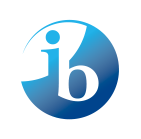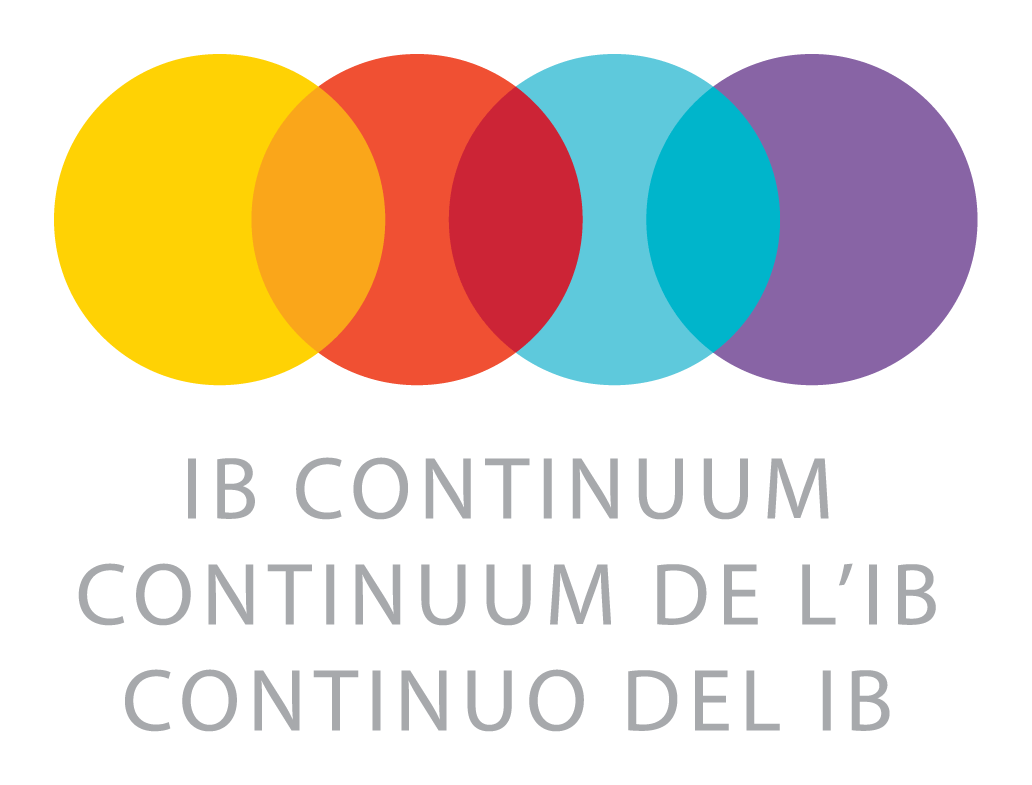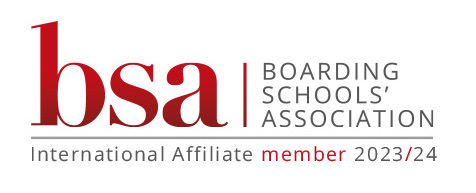大学预科课程
The IB Diploma Programme at SGA
The IB Diploma Programme (DP) is a broad and rigorous course of study for students ages 16-19 that prepares graduates for success at college and universities abroad, and beyond in careers and life. Indeed, the IB Diploma is recognized by more colleges and universities around the world than any other secondary school course of study, giving families more options in more locations around the world. The ensures we help each student find their best fit university and career pathways for life after SGA.
For two years in grades 11-12, IB DP candidates study six courses across five or six subject groups and engage in the IB DP Core.
- Group 1: Language A
- Group 2: Language B*
- Group 3: Humanities
- Group 4: Sciences
- Group 5: Math
- Group 6: Arts^
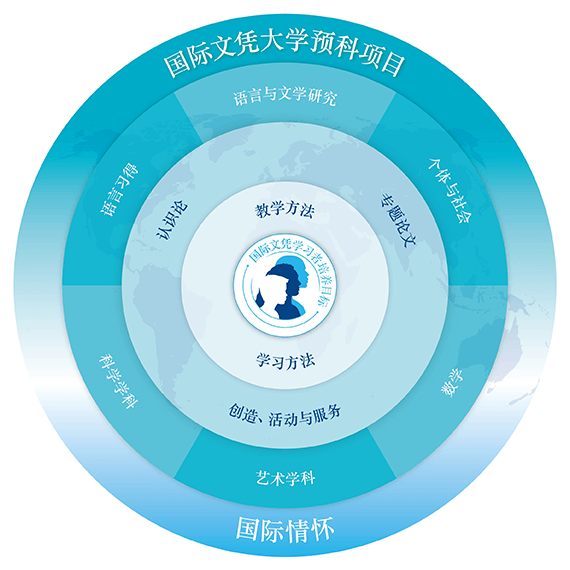
(*Students have the option of taking two Group 1: Language A courses.) (^Students have the option of taking two Group 3: Humanities or two Group 4: Sciences courses in lieu of an arts course.)
Students study three courses at Standard Level (SL) and three courses at Higher Level (HL). SL courses have a minimum of 150 instructional hours over the course of the programme. HL courses have a minimum of 240 instructional hours over the course of the programme. All courses culminate in an external examination in May at the end of the second year of the programme.
- Theory of Knowledge (TOK)
- Extended Essay (EE), a 4,000 word research paper
- Creativity, Activity, and Service (CAS)
At SGA, we are proud to offer a variety of course options in each subject group dependent on student needs, college pathways, and SGA’s resources. Our offerings include:
Group 1
- Chinese Language and Literature (SL)
- English Language and Literature (SL/HL) (from 2024-2025)
The language A: Language and Literature course, whether in Chinese or English, aims at studying the complex and dynamic nature of language and exploring both its practical and aesthetic dimensions. The course will explore the crucial role language plays in communication, reflecting experience and shaping the world, and the roles of individuals themselves as producers of language. Throughout the course, students will explore the various ways in which language choices, text types, literary forms and contextual elements all effect meaning. (IBO, 2023)
Group 2
- English Language B (HL)
- Chinese Language B (SL) (from 2024-2025)
Language acquisition courses are designed to provide students with the necessary skills and intercultural understanding to enable them to communicate successfully in an environment where the language studied is spoken.
Language B is a language acquisition course designed for students with some previous experience of the target language. Students further develop their ability to communicate through the study of language, themes and texts. (from IBO, 2023)
Group 3
- Economics (SL/HL) The aims of the DP economics course are to enable students to:
- develop a critical understanding of a range of economic theories, models, ideas and tools in the areas of microeconomics, macroeconomics and the global economy
- apply economic theories, models, ideas and tools, and analyze economic data to understand and engage with real-world economic issues and problems facing individuals and societies
- develop a conceptual understanding of individuals’ and societies’ economic choices, interactions, challenges and consequences of economic decision-making. (from IBO, 2023)
- Geography (SL/HL) The aims of the geography course at SL and HL are to enable students to:
- develop an understanding of the dynamic interrelationships between people, places, spaces and the environment at different scales
- develop a critical awareness and consider complexity thinking in the context of the nexus of geographic issues, including:
- oacquiring an in-depth understanding of how geographic issues, or wicked problems, have been shaped by powerful human and physical processes
- synthesizing diverse geographic knowledge in order to form viewpoints about how these issues could be resolved.
- understand and evaluate the need for planning and sustainable development through the management of resources at varying scales. (from IBO, 2023)
- History (SL/HL) (from 2024-2025) The aims of the DP history course are to enable students to:
- develop an understanding of, and continuing interest in, the past
- encourage students to engage with multiple perspectives and to appreciate the complex nature of historical concepts, issues, events and developments
- promote international-mindedness through the study of history from more than one region of the world
- develop an understanding of history as a discipline and to develop historical consciousness including a sense of chronology and context, and an understanding of different historical perspectives
- develop key historical skills, including engaging effectively with sources
- increase students’ understanding of themselves and of contemporary society by encouraging reflection on the past. (from IBO, 2023)
Group 4
- Physics (SL/HL)
- Chemistry (SL/HL)
- Biology (SL/HL)
- Computer Science (SL/HL)
- identify a problem or unanswered question
- design, prototype and test a proposed solution
- liaise with clients to evaluate the success of the proposed solution and make recommendations for future developments.
Physics is the most fundamental of the experimental sciences, as it seeks to explain the universe itself, from the very smallest particles to the vast distances between galaxies. Despite the exciting and extraordinary development of ideas throughout the history of physics, observations remain essential to the very core of the subject. Models are developed to try to understand observations, and these themselves can become theories that attempt to explain the observations.
Besides helping us better understand the natural world, physics gives us the ability to alter our environments. This raises the issue of the impact of physics on society, the moral and ethical dilemmas, and the social, economic and environmental implications of the work of physicists.
By studying physics students should become aware of how scientists work and communicate with each other. While the scientific method may take on a wide variety of forms, it is the emphasis on a practical approach through experimental work that characterizes the subject. Teachers provide students with opportunities to develop manipulative skills, design investigations, collect data, analyze results and evaluate and communicate their findings. (from IBO, 2023)
As one of the three natural sciences in the IB Diploma Programme, chemistry is primarily concerned with identifying patterns that help to explain matter at the microscopic level. This then allows matter’s behavior to be predicted and controlled at a macroscopic level. The subject therefore emphasizes the development of representative models and explanatory theories, both of which rely heavily on creative but rational thinking.
DP chemistry enables students to constructively engage with topical scientific issues. Students examine scientific knowledge claims in a real-world context, fostering interest and curiosity. By exploring the subject, they develop understandings, skills and techniques which can be applied across their studies and beyond.
ntegral to the student experience of the DP chemistry course is the learning that takes place through scientific inquiry both in the classroom and the laboratory. (from IBO, 2023)
IB DP Biology is primarily concerned with the study of life and living systems. Biologists attempt to make sense of the world through a variety of approaches and techniques, controlled experimentation and collaboration between scientists. At a time of global introspection on human activities and their impact on the world around us, developing and communicating a clear understanding of the living world has never been of greater importance than it is today.
Through the study of DP biology, students are empowered to make sense of living systems through unifying themes. By providing opportunities for students to explore conceptual frameworks, they are better able to develop understanding and awareness of the living world around them. This is carried further through a study of interactions at different levels of biological organization, from molecules and cells to ecosystems and the biosphere. Integral to the student experience of the DP biology course is the learning that takes place through scientific inquiry. With an emphasis on experimental work, teachers provide students with opportunities to ask questions, design experiments, collect and analyze data, collaborate with peers, and reflect, evaluate and communicate their findings.
DP biology enables students to constructively engage with topical scientific issues. Students examine scientific knowledge claims in a real-world context, fostering interest and curiosity. By exploring the subject, they develop understandings, skills and techniques which can be applied across their studies and beyond. (from IBO, 2023)
The IB DP computer science course requires an understanding of the fundamental concepts of computational thinking as well as knowledge of how computers and other digital devices operate. The course, underpinned by conceptual thinking, draws on a wide spectrum of knowledge, and enables and empowers innovation, exploration and the acquisition of further knowledge. Students study how computer science interacts with and influences cultures, society and how individuals and societies behave, and the ethical issues involved. During the course the student will develop computational solutions. This will involve the ability to:
Group 5
- Math Analysis and Approaches (SL/HL)
- Math Applications and Interpretations (SL/HL)
The IB DP Mathematics: analysis and approaches course recognizes the need for analytical expertise in a world where innovation is increasingly dependent on a deep understanding of mathematics. The focus is on developing important mathematical concepts in a comprehensible, coherent and rigorous way, achieved by a carefully balanced approach.
Students are encouraged to apply their mathematical knowledge to solve abstract problems as well as those set in a variety of meaningful contexts. Mathematics: analysis and approaches has a strong emphasis on the ability to construct, communicate and justify correct mathematical arguments. Students should expect to develop insight into mathematical form and structure, and should be intellectually equipped to appreciate the links between concepts in different topic areas.
Students are also encouraged to develop the skills needed to continue their mathematical growth in other learning environments. The internally assessed exploration allows students to develop independence in mathematical learning. Throughout the course students are encouraged to take a considered approach to various mathematical activities and to explore different mathematical ideas. (from IBO, 2023)
The IB DP Mathematics: applications and interpretation course recognizes the increasing role that mathematics and technology play in a diverse range of fields in a data-rich world. As such, it emphasizes the meaning of mathematics in context by focusing on topics that are often used as applications or in mathematical modelling.
To give this understanding a firm base, this course includes topics that are traditionally part of a pre-university mathematics course such as calculus and statistics. Students are encouraged to solve real-world problems, construct and communicate this mathematically and interpret the conclusions or generalizations.
Students should expect to develop strong technology skills, and will be intellectually equipped to appreciate the links between the theoretical and the practical concepts in mathematics. All external assessments involve the use of technology. Students are also encouraged to develop the skills needed to continue their mathematical growth in other learning environments.
The internally assessed exploration allows students to develop independence in mathematical learning. Throughout the course students are encouraged to take a considered approach to various mathematical activities and to explore different mathematical ideas. (from IBO, 2023)
Group 6
- Visual Arts (HL)
- Music (HL) (from 2024-2025)
The IB Diploma Programme visual arts course encourages students to challenge their own creative and cultural expectations and boundaries. It is a thought-provoking course in which students develop analytical skills in problem-solving and divergent thinking, while working towards technical proficiency and confidence as art-makers.
In addition to exploring and comparing visual arts from different perspectives and in different contexts, students are expected to engage in, experiment with and critically reflect upon a wide range of contemporary practices and media.
The course is designed for students who want to go on to further study of visual arts in higher education as well as for those who are seeking lifelong enrichment through visual arts. The role of visual arts teachers should be to actively and carefully organize learning experiences for the students, directing their study to enable them to reach their potential and satisfy the demands of the course. Students should be empowered to become autonomous, informed and skilled visual artists. (from IBO, 2023)
The Diploma Programme Music course has been designed to prepare the 21st century music student for a world in which global musical cultures and industries are rapidly changing. The course is grounded in the knowledge, skills and processes associated with the study of music and offers a strengthened approach to student creativity through practical, informed and purposeful explorations of diverse musical forms, practices and contexts. The course also ensures a holistic approach to learning, with the roles of performer, creator and researcher afforded equal importance in all course components. (from IBO, 2023)
Meet our Diploma Programme Coordinator
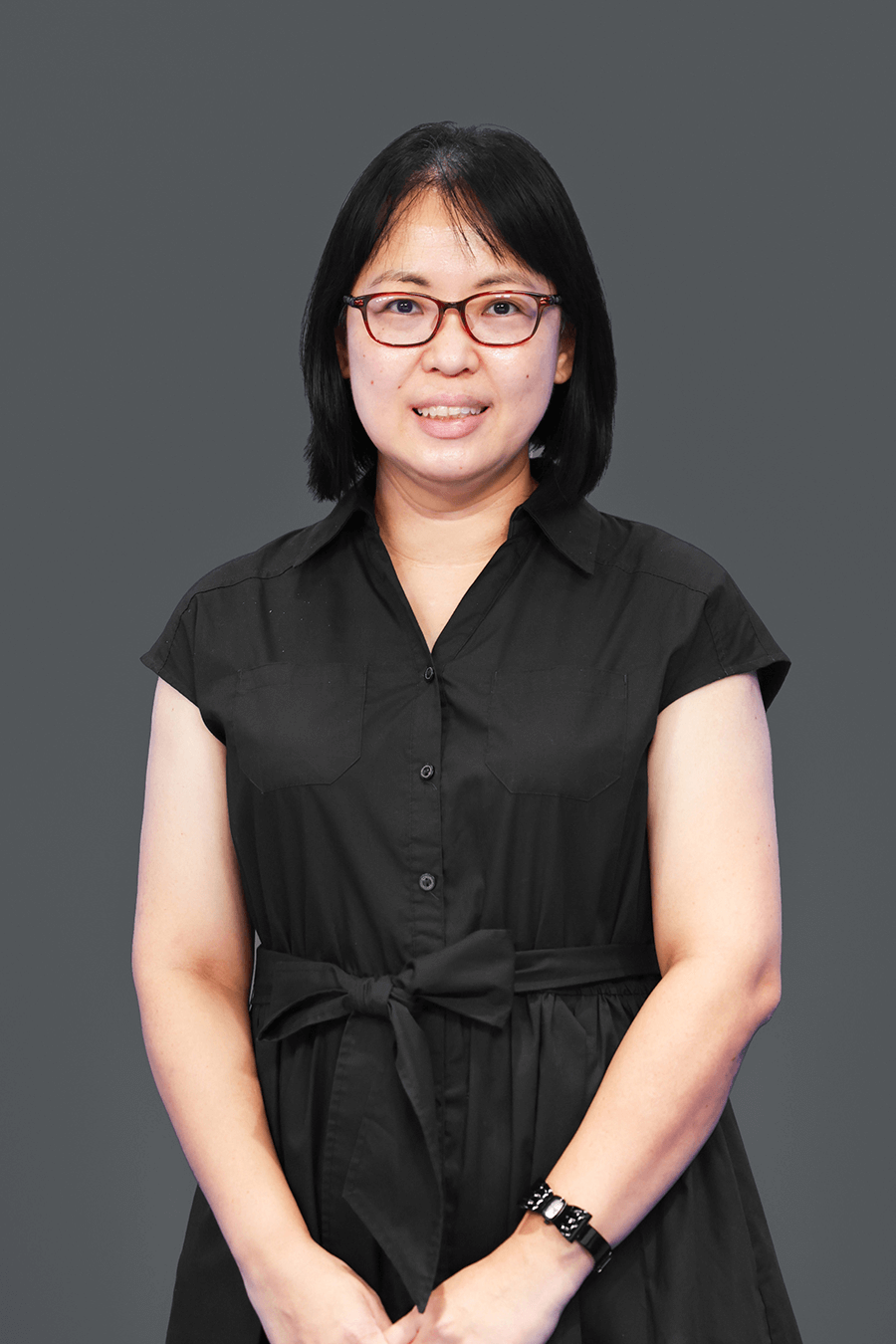
Iris Tay is originally from Singapore and started her teaching career in Japan. She has worked in international schools in Japan, Georgia, and Singapore for 12 years, teaching the PYP, MYP and DP. She has experience with the programme authorization and evaluation across the three IB programmes. She has previously worked in China for 3 years and joined SGA in 2022. She holds a Master of Education degree from the University of Illinois Urbana-Champaign and a Master of Arts from Teachers College, Columbia University. She also has a postgraduate diploma in Counselling Psychology and a certificate in College Advising. She has presented in the first and fourth annual IB China Educator Forum in Guangzhou and Beijing respectively.
Meet our College Counselors
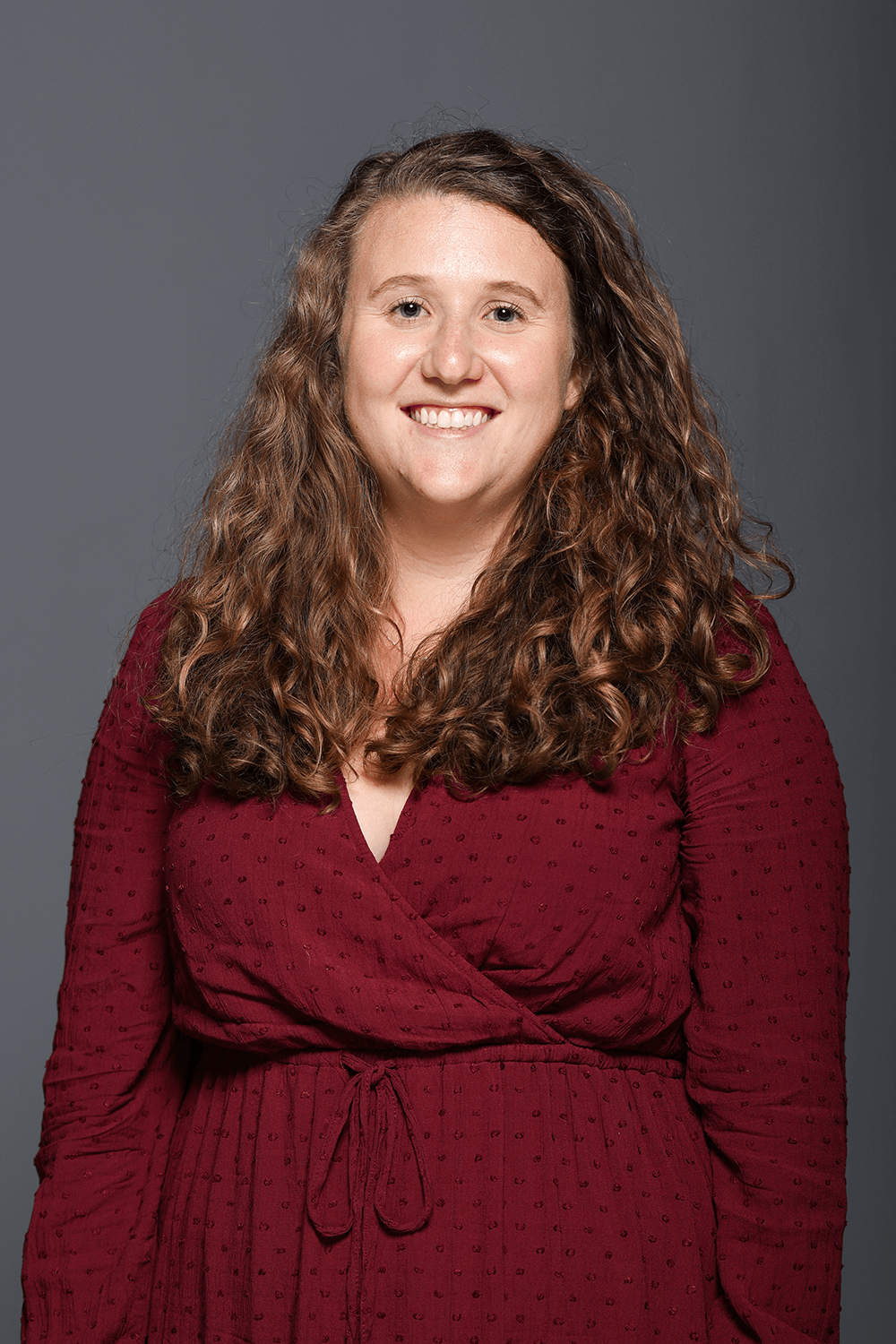
Amy is originally from North Dakota in the United States and began college counseling in China in 2017. With education experience in the United States, United Kingdom, Latvia, Germany, and China, Amy is well versed in international higher education. She loves to travel and is passionate about preparing students to live and study abroad. Amy holds a bachelor’s degree in Journalism from the University of Minnesota, a master's degree in Educational Sciences from the University of Latvia, and a Certificate in College Access Counseling from Rice University.
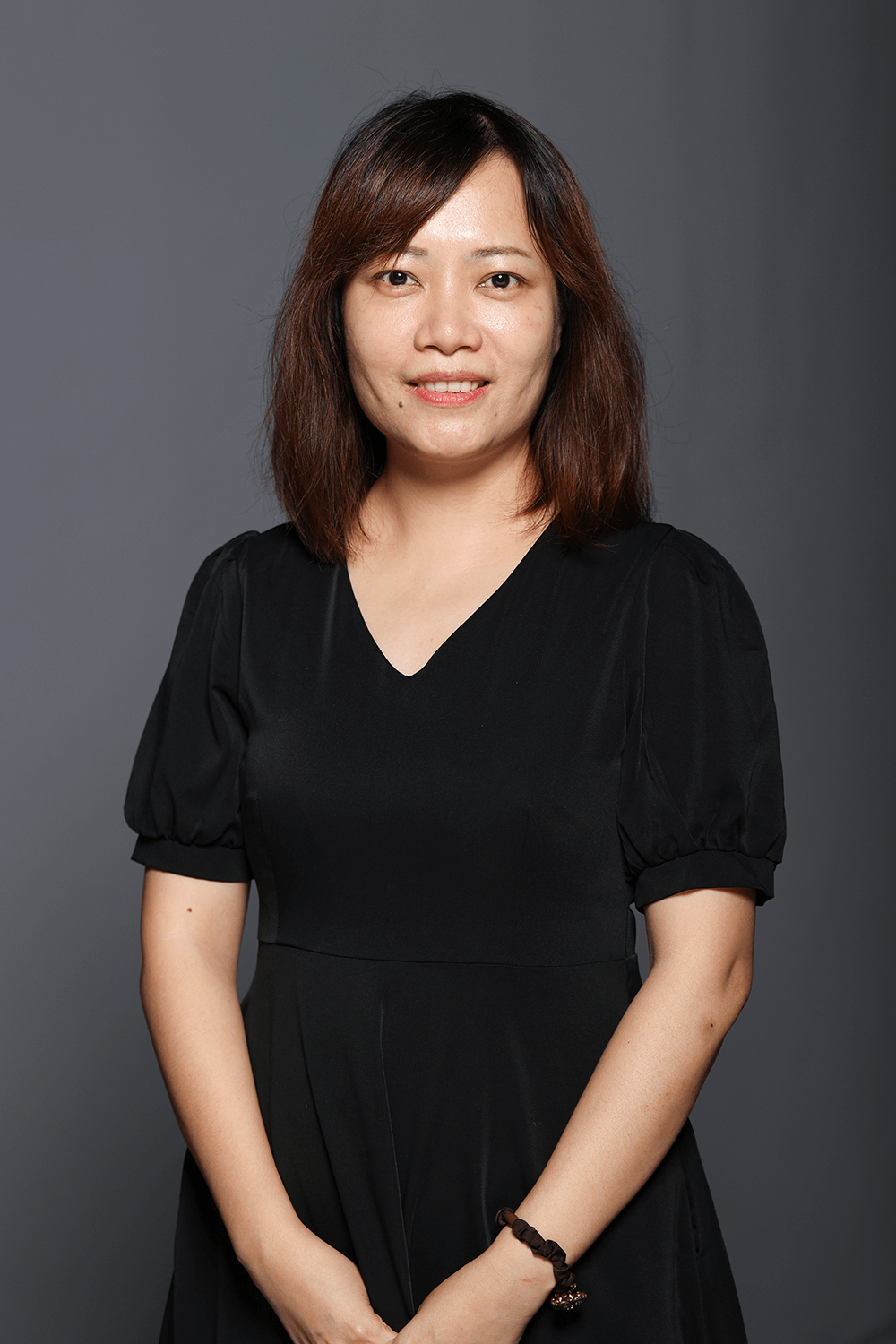
Jean Zhou holds a master’s degree from the University of Birmingham, UK. She has been dedicated to college application counseling since 2011. With experiences counseling students at the Academy of International Programs of Shenzhen Foreign Languages School as well as Shenzhen International Foundation College, Jean has developed a profound knowledge in college applications and assisted hundreds of students in achieving their dreams of studying at prestigious overseas universities. Guiding students through the process of discovering their unique strengths and finding their best college fit have always been a source of inspiration and motivation for Jean. Jean’s efforts have yielded remarkable results, with students successfully admitted to institutions like the University of Chicago, Rice University, Northwestern University, Johns Hopkins Univeristy, Carnegie Mellon University, University of Southern California, UCBerkeley, Imperial College London and many other famous universities around the world.

